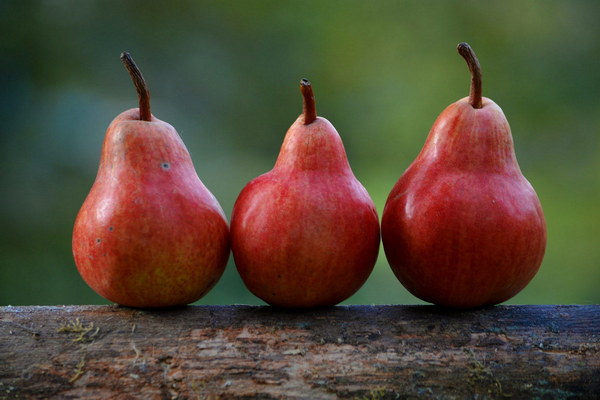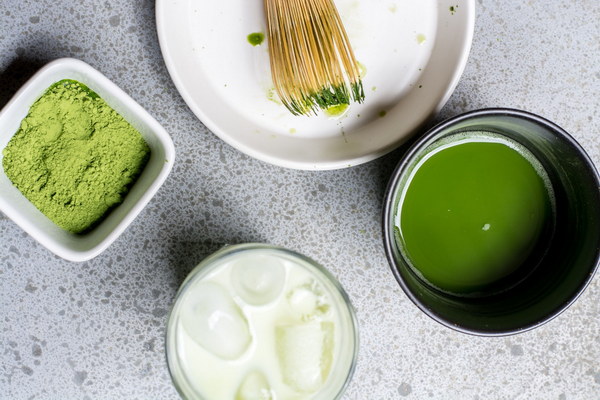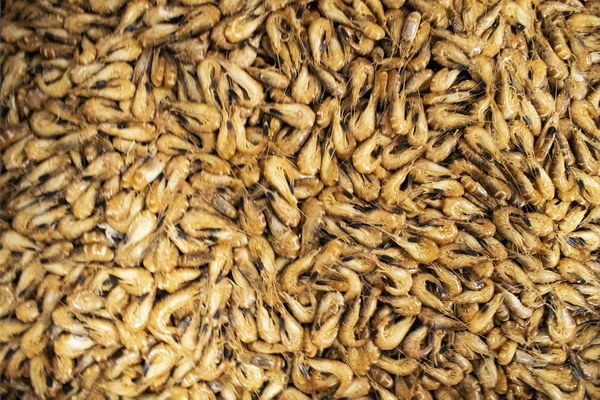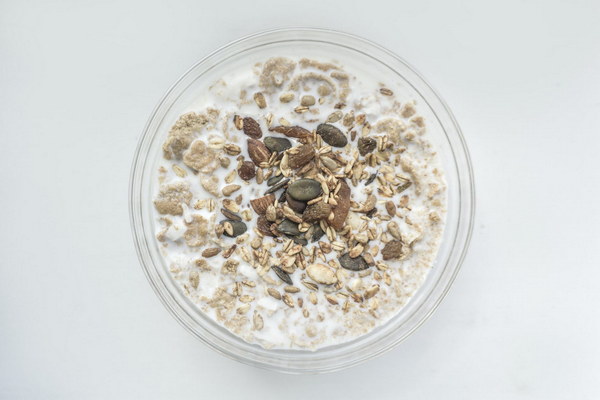The Ultimate Guide to Detox and Nourish Your Kidneys for Women
In today's fast-paced world, women often find themselves overwhelmed by stress, unhealthy diets, and environmental toxins. These factors can lead to kidney dysfunction, which is a silent but serious health concern. To ensure that your kidneys remain healthy and efficient, it's crucial to adopt a holistic approach that includes detoxification and kidney nourishment. This article outlines the best methods for women to detoxify and nourish their kidneys, promoting overall well-being and vitality.
1. Stay Hydrated
Proper hydration is the cornerstone of kidney health. Drinking plenty of water helps flush out toxins and waste products from the kidneys. Aim to drink at least 8 to 10 glasses of water per day, and adjust your intake based on your body's needs and the climate you live in. Herbal teas, fresh fruit juices, and coconut water can also contribute to your daily fluid intake, but remember to limit caffeine and sugary beverages.
2. Follow a Kidney-Friendly Diet
A diet rich in fruits, vegetables, whole grains, lean proteins, and healthy fats can support kidney function. Some foods are particularly beneficial for kidney health, including:
- Berries: Blueberries, strawberries, and raspberries are high in antioxidants and can help reduce inflammation.
- Leafy Greens: Spinach, kale, and arugula are rich in vitamins and minerals that support kidney function.
- Avocado: This healthy fat powerhouse can aid in digestion and reduce the risk of kidney stones.
- Garlic and Onions: These flavorful foods have natural detoxifying properties.
- Nuts and Seeds: Almonds, chia seeds, and flaxseeds are packed with omega-3 fatty acids and antioxidants.
- Beets: High in folate and potassium, beets can help support kidney function and reduce the risk of kidney stones.
On the other hand, it's important to limit or avoid the following kidney-unfriendly foods:
- Processed Foods: These high in sodium and preservatives can contribute to kidney damage.
- Red Meat: High in saturated fats, red meat can increase the risk of kidney disease.
- Caffeinated Beverages: Too much caffeine can lead to dehydration and increased kidney stress.
- Salt: Excessive salt can lead to high blood pressure and kidney damage.
3. Incorporate Detoxifying Herbs and Supplements
Herbs and supplements can support kidney detoxification and nourishment. Some popular options include:
- Milk Thistle: This herb contains silymarin, a compound that can help protect the liver and kidneys from toxins.
- Dandelion Root: A natural diuretic, dandelion root can aid in flushing out toxins from the kidneys.
- Turmeric: This spice contains curcumin, an anti-inflammatory compound that may help reduce kidney inflammation.
- Vitamin C: A powerful antioxidant, vitamin C can help prevent kidney stones and support kidney health.
Before starting any new supplement regimen, it's important to consult with a healthcare professional to ensure that it's safe and appropriate for your specific health needs.
4. Practice Mindfulness and Stress Reduction Techniques
Chronic stress can impair kidney function and exacerbate kidney disease. Incorporating mindfulness and stress reduction techniques into your daily routine can help keep your kidneys healthy. Some effective methods include:
- Meditation: Spend a few minutes each day focusing on your breath and letting go of stress.
- Yoga: This mind-body practice can help reduce stress and improve kidney function through increased blood flow.
- Deep Breathing Exercises: Breathing exercises can help calm the nervous system and reduce stress levels.

5. Regular Exercise
Regular physical activity is crucial for maintaining kidney health. Exercise can help control blood pressure, improve blood flow to the kidneys, and support overall cardiovascular health. Aim for at least 30 minutes of moderate-intensity exercise most days of the week, such as walking, swimming, or cycling.
By following these five strategies, women can effectively detoxify and nourish their kidneys, promoting overall health and well-being. Remember that maintaining kidney health is an ongoing process, and it's essential to stay consistent with your efforts. Consult with a healthcare professional if you have concerns about your kidney health or if you experience symptoms such as changes in urination, swelling, or fatigue.









